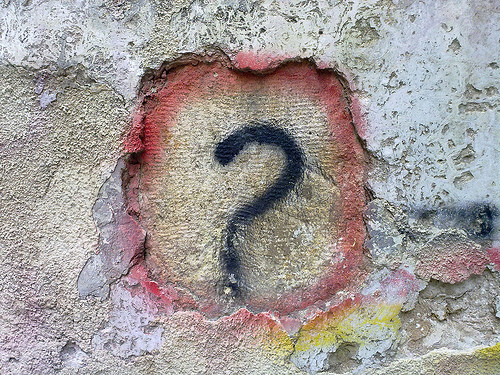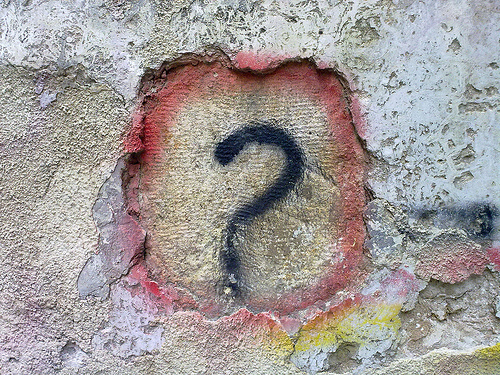 Time for another installment of Ask Retraction Watch. Today’s query comes from a postdoc:
Time for another installment of Ask Retraction Watch. Today’s query comes from a postdoc:
I have a question regarding publications in different languages: Can I publish the same identical data in two different languages? Would this be considered duplication?
Continue reading Ask Retraction Watch: Can I publish identical data in two different languages?



